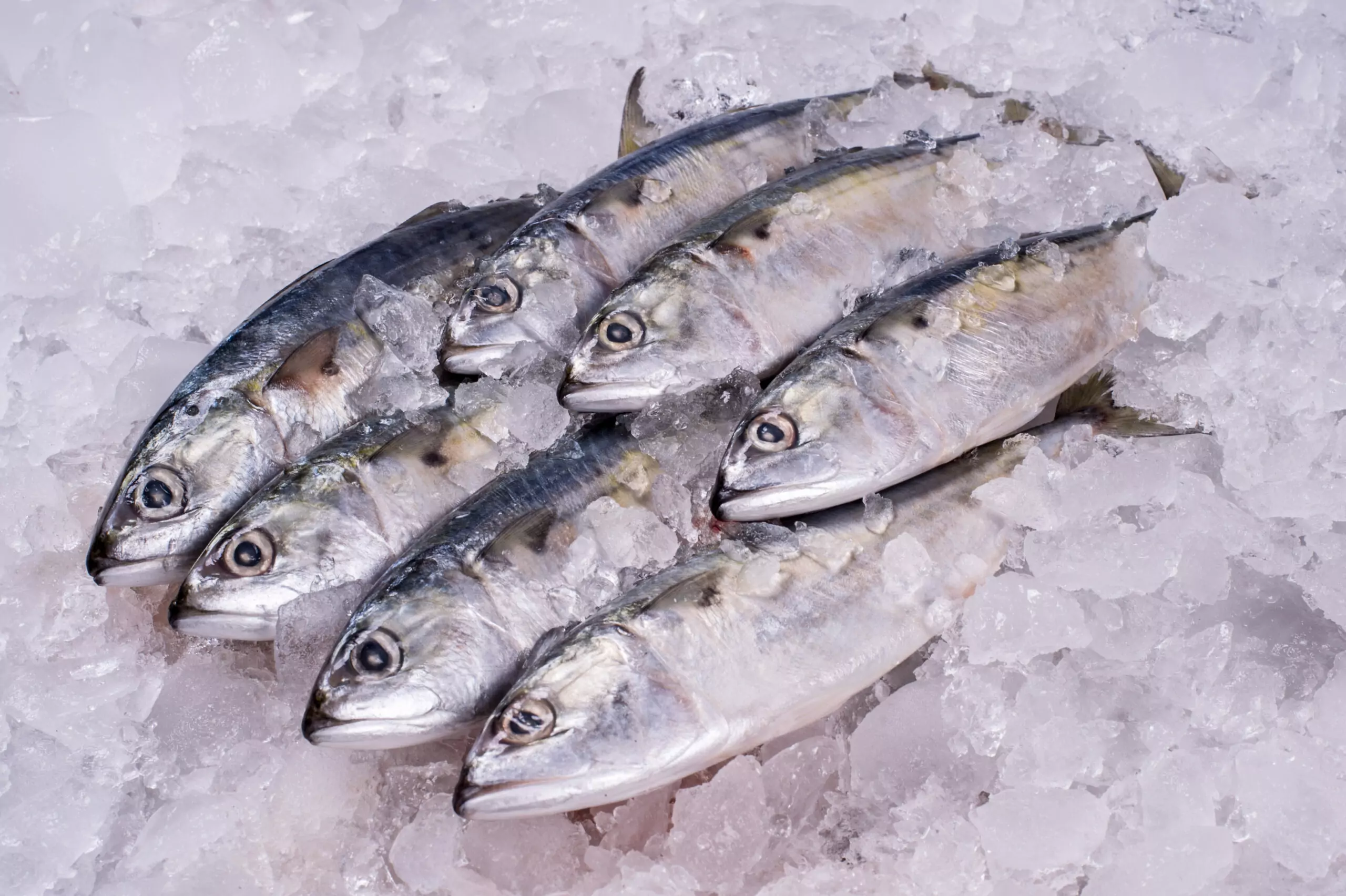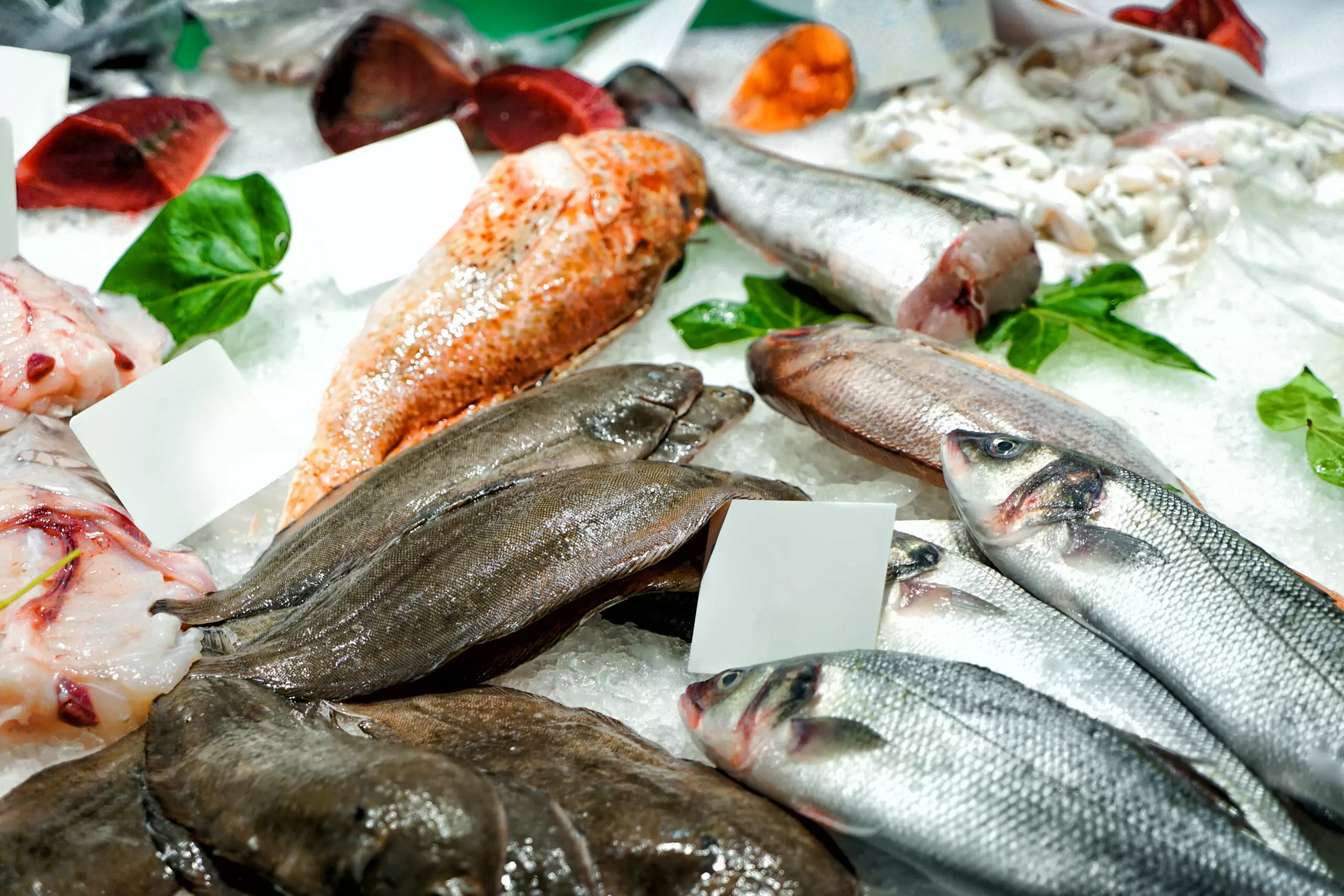We all strive to live a healthy lifestyle, but our existence is so often dictated by extremely busy agendas. The American way of life frequently means skipping exercise, choosing the easier and often less healthy meal options and forgetting vitamins and supplements. The rising use of research and technology has given us a better insight on new, better and easier ways to take care of our bodies. New studies have focused on determining what Americans can easily include in their daily diets to improve wellbeing and prevent disease. In the last month, a study has come out explaining how a low-fat diet with fish oil supplements can slow down and even halt the progression of prostate cancer. This leads us to believe that a diet rich in seafood would work to reduce our risk for the cancer in the first place.
Cancer is the second leading cause of death in the United States, claiming over half a million lives every year. It is only a mere hair behind heart disease, and scientists have predicted that the number of worldwide cancer cases is set to increase 75% by 2030. For the 238,000 men in the United States who are diagnosed with prostate cancer every year, there is reason to rejoice. By eating delicious seafood rich in omega-3 fatty acids and having a good balance with omega-6 fatty acids, it has been shown that we can fight and even prevent certain types of cancer.
The complexity of the human body
The prostate is a walnut-sized gland located at the base of the bladder in the male body. It is an intricate structure that wraps around the urethra and is composed of thousands of tiny glands and muscle fibers. The prostate is involved in urine control and it provides the fluid that forms part of the semen. With these functions, the prostate is an extremely important component of the male assembly. It is also much more susceptible to cancer than most other parts of the body. Prostate cancer starts with minuscule alterations in the gland cells that can only be seen with a microscope.
Prostate cancer is the second leading cause of cancer death among American men, claiming nearly 30,000 lives each year. This is an exceptional motivation to study new and inventive ways to prevent it. The easiest medicine that every American can use to fight disease is maintaining a healthy diet. Our bodies are an orchestra of muscles and bones, nerve tissue and connective tissue, organs and glands, with many complex parts that are elaborately interwoven. Not unlike partnerships in the business world, our various pieces need to communicate with each other in order to function as a whole. The easiest and most practical way to prevent the invasion of cancerous cells is by simply altering the diet. So much of our health is determined by what we eat. Luckily, some of the healthiest options – like seafood – are also amazingly delicious and easy to include in our daily diets.
A fish rich diet fights cancer
The newest study out of UCLA Department of Urology has given men hope that they can lower their risk for this cancer. Researchers found that the pro-inflammatory compounds associated with cancer are reduced in the body during a low-fat diet supplemented with just five grams of fish oil per day. This diet also facilitated a lower cell cycle progression (CCP) score, which means that already-existing cancer could be prevented from becoming aggressive.
An important link in the study was the ratio between omega-6 and omega-3 fatty acids. Two groups were assigned: a “Western” diet group which had a 15:1 ratio of omega-6:omega-3 and 40% of their calories came from fat; then there was a low fat group that had a ratio of 2:1 and took fish oil supplements containing EPA and DHA. The fish oil group showed a decrease in prostate tissue of both benign and malignant stages and decreased growth of cancer tissue.
We have often heard about the benefits of consuming omega-3 fatty acids, but omega-6s are the lesser known but just as important cousin. Consumption of omega-6s has increased dramatically in the last century as vegetable and soybean oil have established themselves in our diets. Increased use of cereal grains for animal feed have altered the fatty acid profile of meat that humans consume, converting the healthier omega-3s into omega-6s. While our ancestors were thought to consume an omega-6:omega-3 ratio of 1:1, the current American diet contains a ratio of anywhere from 10:1 to 20:1.
This is an unhappy and unhealthy ratio. Omega-6 fatty acids compete for the same enzymes as omega-3s. This means that a high quantity of omega-6 in our diets can actually lower the efficiency of converting the short chain ALA omega-3 found in plant foods into the more beneficial long-chain EPA and DHA omega-3s. Some omega-6s are pro-inflammatory, while omega-3s are neutral. This doesn’t mean that omega-6s are bad – in fact they are considered an essential fatty acid that our body needs to maintain bone health, regulate metabolism, and maintain the reproductive system.
The key to good health is finding the proper balance between omega-6 and omega-3 fatty acids. The study we talked about above ascertained that a low-fat diet with fish oil supplements will help fight one of the most common types of cancer in the United States. Experts have said that eating whole fish allows us to more efficiently absorb the beneficial omega-3s. When taking fish oil supplements, you also need to eat a meal higher in fat to absorb the omega-3s from the pill. Whole fish already contains the needed ingredients to help your body facilitate uptake.
An all-in-one package
We already know that eating seafood is good for our hearts and our overall health – now we have data that it can decrease and even stop the growth and aggression of cancer. Heart disease and cancer are the two top killers in the United States and we have a delicious and easy way to reduce our risk for both of them in an all-in-one package. Provide your clients with cancer-fighting seafood today from Pucci Foods.


